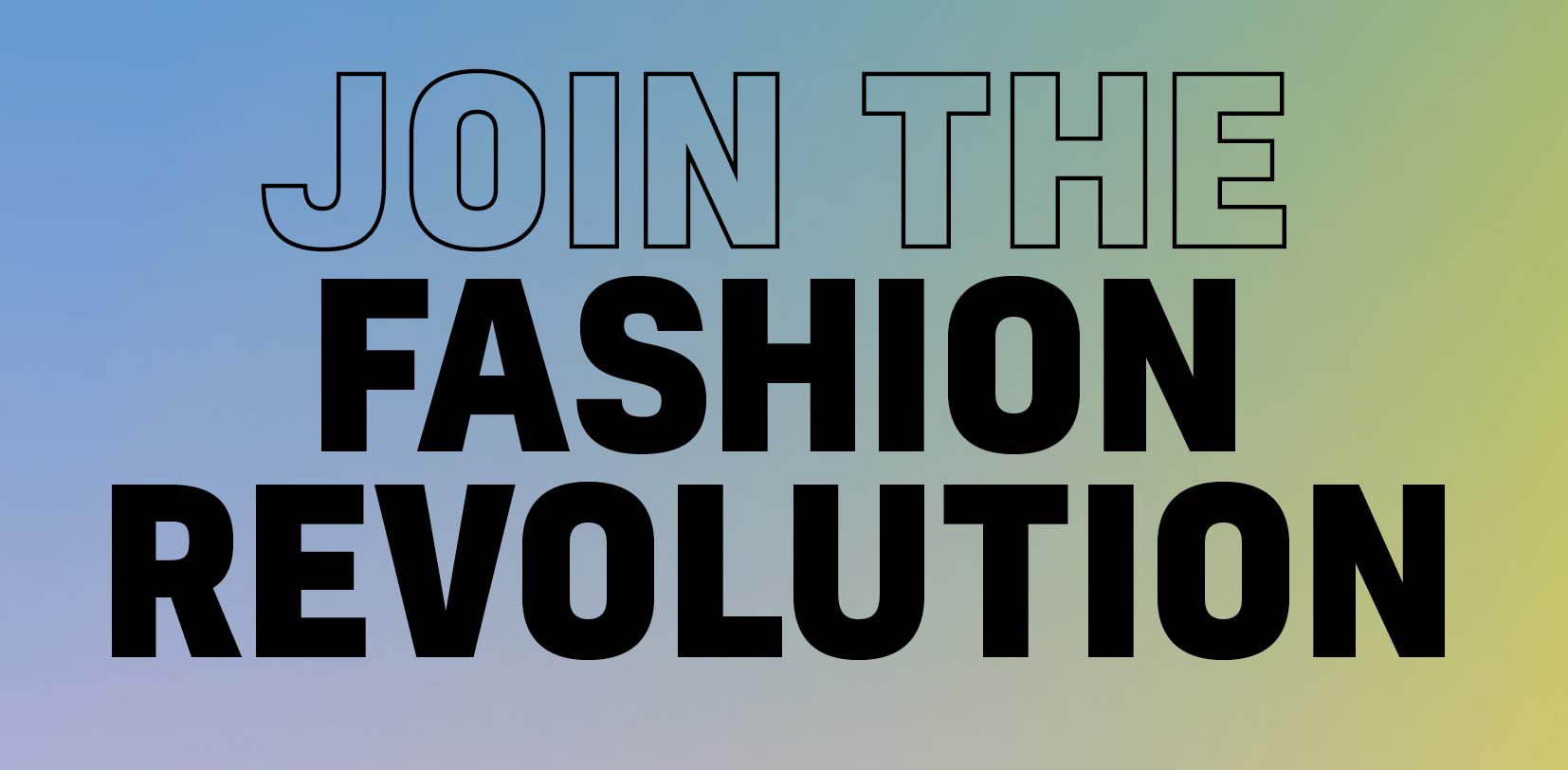
The clothes we wear make an impact, one way or another. Bound together in their threads, is power. It's a vote for the kind of world you want to live in; a vote for how we treat the Earth and all the people on it.
Each piece of clothing is made by someone, somewhere. And since approximately 80% of garment workers are women, accountability in fashion is fundamentally about women's rights.
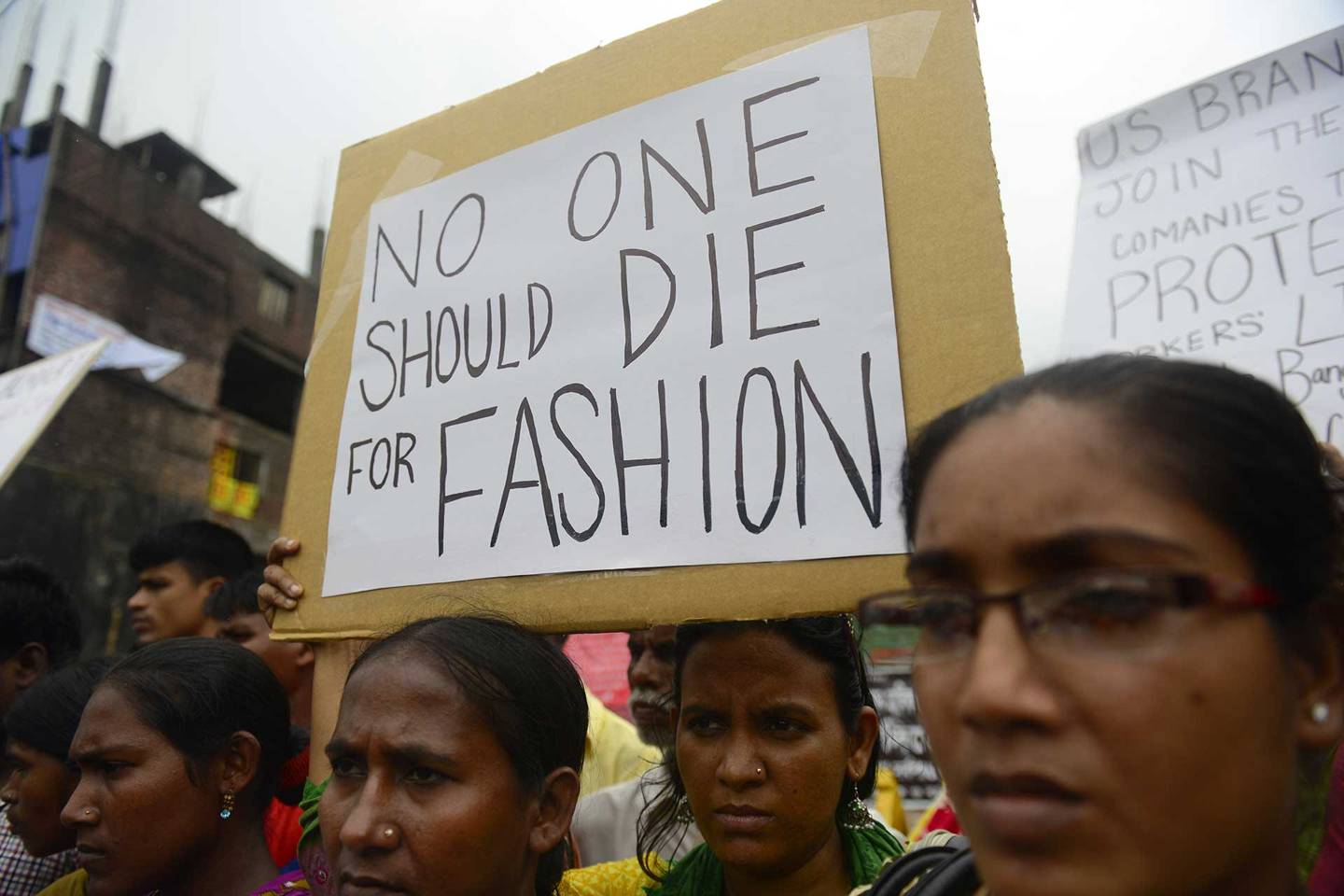
Why did #FashionRevolution start & why is it celebrated the week of April 24th?
Many eyes snapped open the day Rana Plaza collapsed, April 24th, 2013. While others shut forever. The garment factory building in Bangladesh became rubble, killing 1,134 and injuring approximately 2,500, most of them women. The tragedy drew attention to injustices inherent in fast fashion. The suffering that stems from the rush to jump on the newest trend, copy the runways, use cheap materials and cheaper labor.
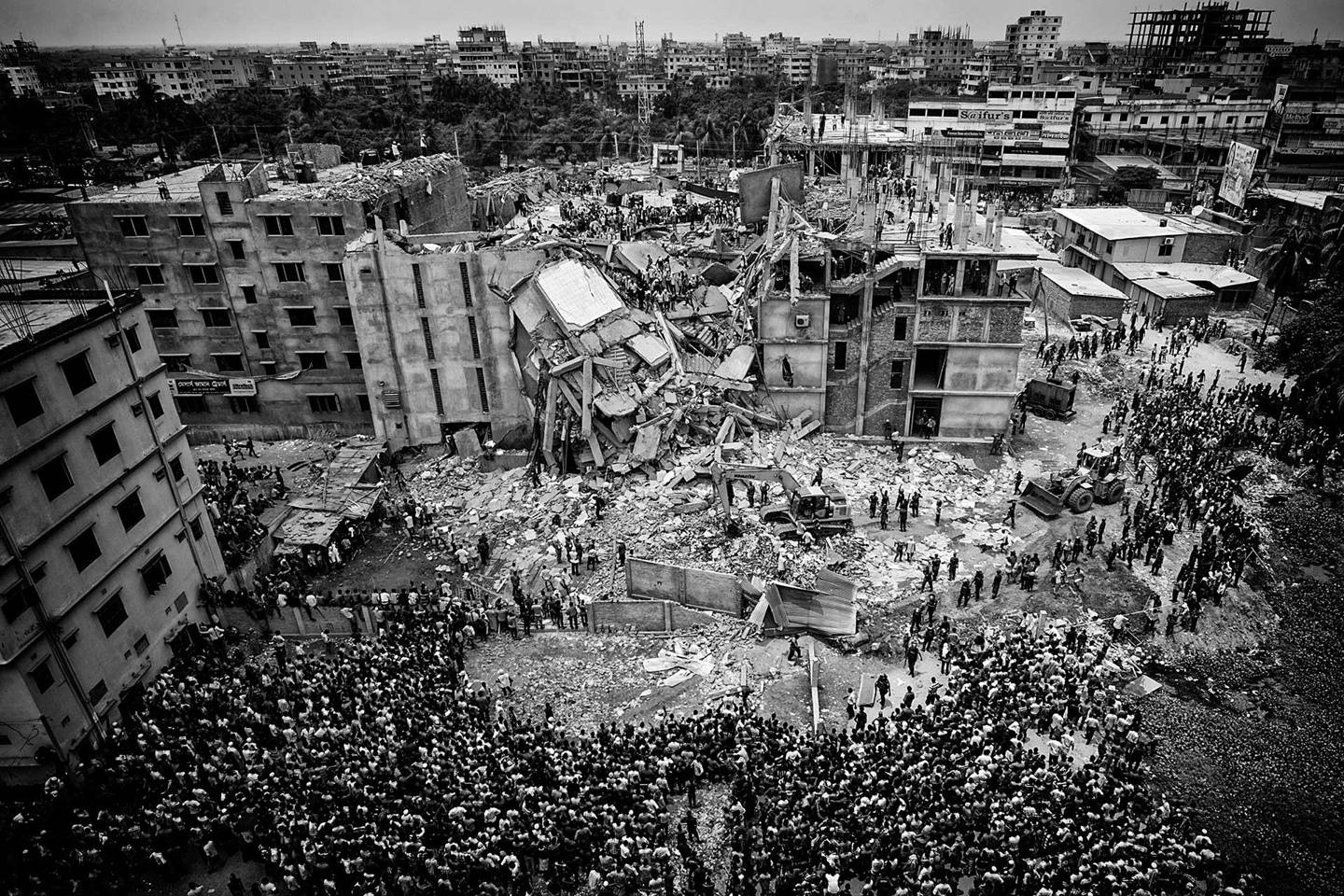
The truth continues to spread: that the global fashion industry is opaque, exploitative and environmentally damaging, and in desperate need of revolutionary change.
INDIGENOUS been in the ethical fashion industry for a long time. You could say from the start. For 25 years, we have called out for other brands to practice the same kind of sustainability, transparency, and accountability. Finally, the tides are turning, and slow fashion is on the rise!
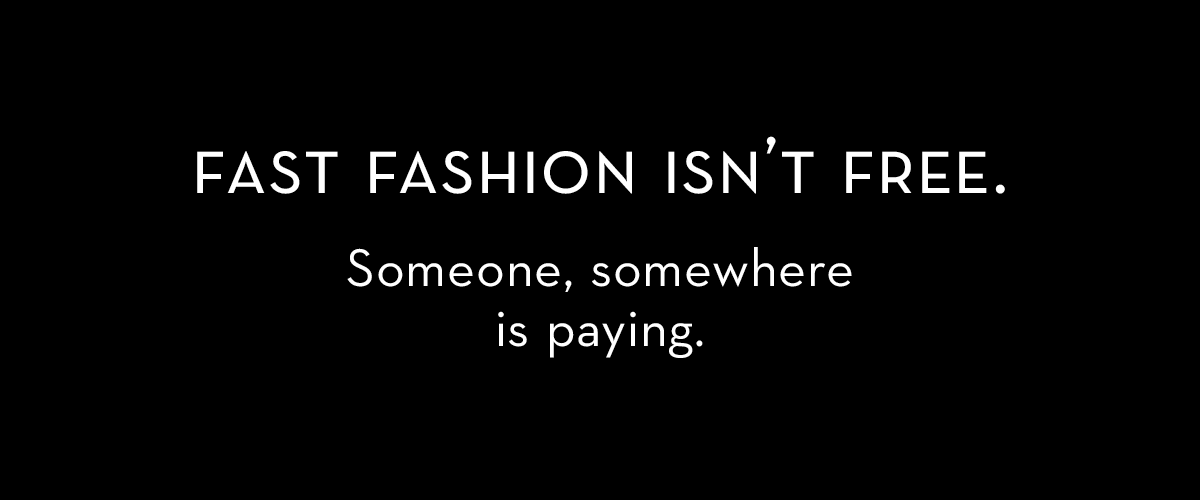
Fast fashion isn't free. Someone, somewhere is paying. - Lucy Siegle
What you wear makes a difference.
Longtime fans of our ethically made clothing know us for intricate handmade details, innovative design, and the finest all-natural fabrics. But they also know something more: they can be sure that the people who make our clothes are treated with the respect that all humans deserve. We actively work with our partners in Peru to improve lives, support indigenous communities, and preserve the environment. Through fair pay, safe working environments, free training, and free materials, zero interest loans, quality childcare, clean water, flexible schedules and much more, our fashion makes a different kind of impact. This is impact fashion for a better world. Find out how fair trade clothing makes a difference >
You can make an impact in the fashion industry, with the clothes you buy and the actions you take. You can ask brands "who made my clothes?" There are tons of ways to participate in Fashion Revolution Week. Visit FashionRevolution.org to find out more.
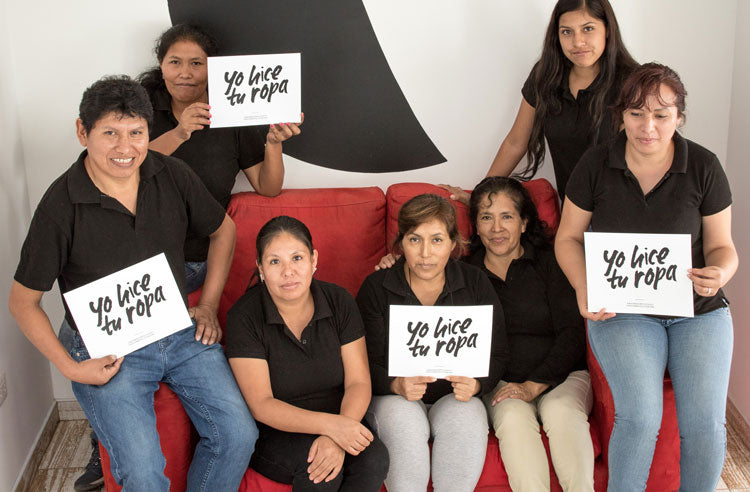
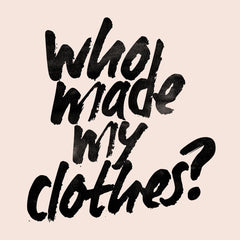
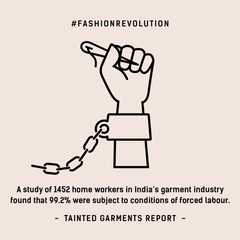

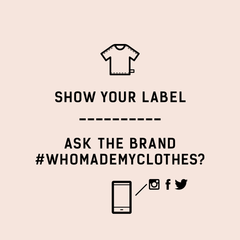
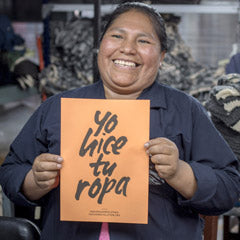
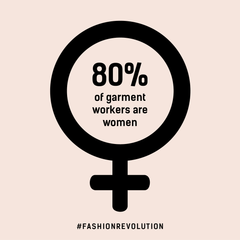
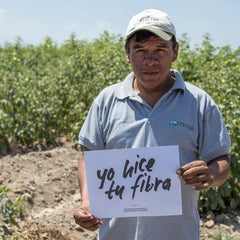
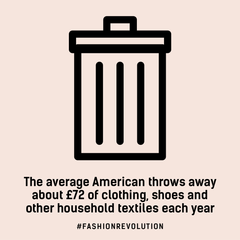
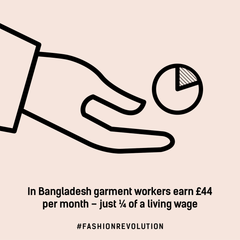
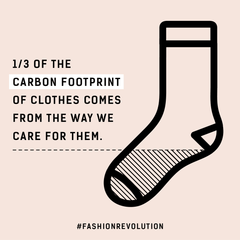
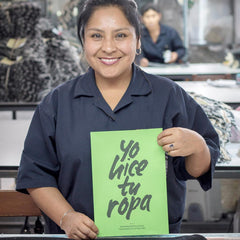

Artisans from top to bottom:
1. Fair trade clothing producer partner group in Peru
2. Pedro Guzman
At just 30, “Pedrito” as his co-workers call him, is already an expert at making handwovens, like our gorgeous blankets! Originally from Huancavlica, a city high in the Andes, he now lives in Lima where he works at an innovative fair trade workshop.
3. Briceida Quispe
“What I love about my job is that I’m always learning about so many things, and that I have an opportunity to grow.“
4. Jose Wualter Yovera Moran
A cotton farmer in Chincha, Peru, Wualter organically farms land where cotton has been grown for thousands of years. Through his work, he carries on a tradition that stretches back across centuries and cultures.
5. Anyela Escobedo
"What I like most about my job are my friends! I love talking to them and seeing so many wonderful people every day. Also that I’m always paid fairly and on time, which helps me support my son."




I get chills reading this. Thank you for all you do, and your integrity.
It’s not that easy for me to afford high quality, ethical clothes as a middle income Canadian. Most I have to buy cross border as there are few Canadian companies providing organic, fair trade. But I save my pennies, and I do it because it is important and because I care about those people you show that work for Indigenous.
Shelley Harrison
Quebec, Canada